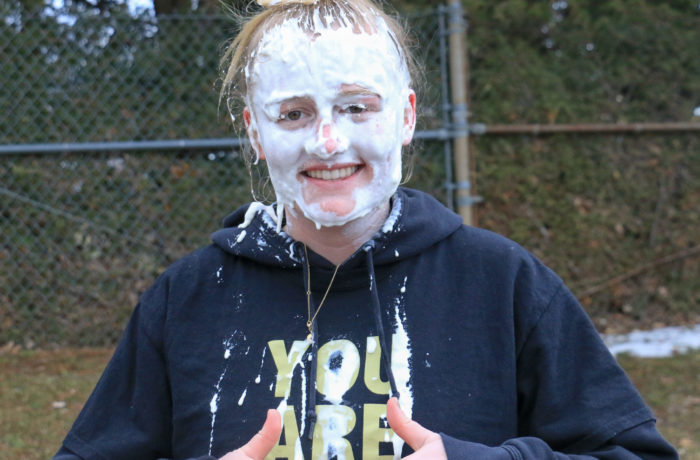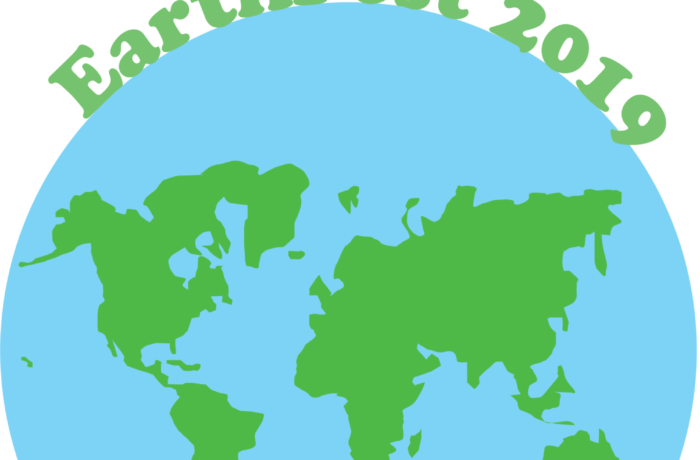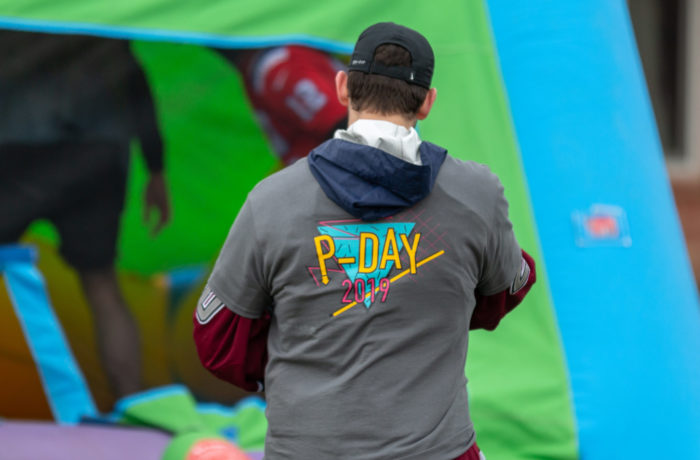By Nanako Iwasawa
Staff Writer
Before he left Venezuela for St. Michael’s College in August, Angel Angelini, 17, and his parents and sister, like many people in Venezuela, began eating less, and unintentionally losing weight. In Maracay where he grew up, he saw many people suffering from the food shortage that has gripped the country as a political crisis continues.
In the supermarket, there was no bread, milk, or cheese. He ate cereal and anything his family could find in the day. Meat and chicken were only affordable for people who are relatively wealthy. “I consider myself lucky because I managed to eat at least two meals a day,” Angelini said.
In the street, there were people eating garbage, and asking for money.
More and more people like Angelini are fleeing Venezuela. The country is suffering from a political standoff and the resulting economic meltdown caused by hyperinflation. The result has been a severe shortage of food, medicine, and other basic needs such as electricity. Angelini, who still has friends in Venezuela, thinks about the crisis daily.

The 2018 election that the current president Nicolás Maduro won for another six-year term has been controversial and is largely seen as unfair since opposition parties boycotted it with the fear of being punished by Maduro. On Jan. 3, Juan Guaidó, the president of the legislature, declared himself the new leader of the country following the constitution which determines that the head of the National Assembly can take over the position of the presidency in case the current president cannot be regarded as legitimate.
Rev. Lino Oropeza, S.S.E, who was born in Venezuela has not returned to his country for five years, said his mother and sister still live in Venezuela but other relatives left the country and are now living around the world in Canada, Spain, Dubai, Australia, and Colombia.
His family in Venezuela has experienced hard times finding food along with many Venezuelans. Since there is no food in supermarkets, there are people whose job is to get food and sell it to people at three or four times the normal price. They never know when their next meal will be.
Even people who have the money may not be able to locate food to purchase. “People live in tension and anxiety between food and money, and it is stressful,” he said.
Because the government’s censorship is getting worse, Oropeza is also scared that they might cut communication tools which are vital for him to contact his family and know their situation.
Like many members of Oropeza’s family, Angelini’s family have left Venezuela. His sister is now living in Argentina, and his parents are living in Spain. Since going to a college in Venezuela was not the best choice for his future, he chose to study this year at St. Michael’s. Many of his friends are living outside the country too. “Colombia, Spain, pretty much all over the world.” He is concerned about two of his friends who are still living in Maracay, his hometown, a one-hour drive from the capital Caracas, and who are joining the protest against the current government.
How can this situation be improved? Angelini thinks it is necessary to get rid of Maduro, and all the socialist systems he and Hugo Chávez, the former president, created.
Rev. Marcel Rainville, S.S.E, who worked and lived in Venezuela from 1967 to 1988, also has opinions about the political crisis that is harming Venezuelans. Since Maduro strengthened a confrontational stance against opposition parties and people, regime change only seems possible under significant support from the military, Rainville said. However, the fact that Maduro has rewarded military members who are loyal to him makes this less likely. “They must change ideology. They need to see the needs of their people instead of their personal economic needs.”
As the situation worsens, people must resort to stealing Angelini said. “When you walk in the street, people try to steal things from you.” For many Venezuelans, the only way to feed their family is to steal.
Is there anything the campus community can do? Angelini said simply donating one dollar makes a difference. “One dollar is a lot of money, though Americans may not think what they can do with 1 dollar is much.” He also hopes the campus community and other Americans will see Venezuelans who left and moved to other countries like him with more empathy.
“People in other countries sometimes think ‘what are you doing here? Go back to your country’. We aren’t there because we want to harm you. We are there because it is hard to live in Venezuela.”


